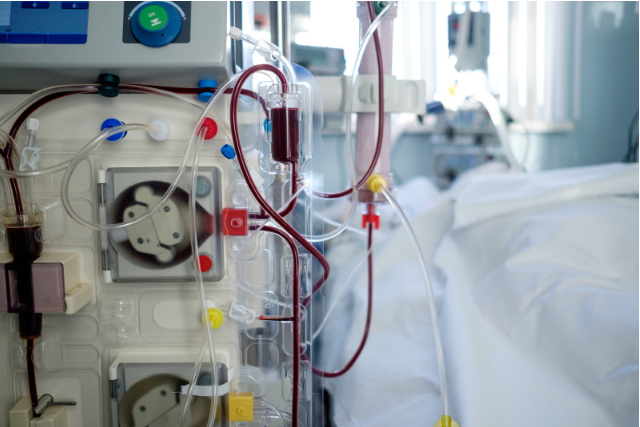
It worked with the Department of Veterans Affairs to train AI to spot Acute Kidney Injury.
Acute Kidney Injury (AKI) kills 500,000 people in the US and 100,000 in the UK annually, often because it’s not detected soon enough. Researchers want to use AI to change that. DeepMind, the Alphabet-owned AI company, partnered with the US Department of Veterans Affairs (VA) to develop an AKI prediction algorithm. In a paper published in Nature today, the partners share their findings that the algorithm can predict the presence of AKI up to 48 hours before it happens. The model correctly identified 9 out of 10 patients whose condition worsened to the point that they needed dialysis.
DeepMind also had its mobile assistant for clinicians, known as Streams, evaluated by researchers at University College London. The results show that, through the app, specialists reviewed urgent cases within 15 minutes, as opposed to several hours. And only 3.3 percent of AKI cases were missed, compared to 12.4 percent without the app. Streams also led to health care cost savings. Combined with DeepMind’s new AKI-detecting algorithm, Streams could offer improved early detection.
With these tools, DeepMind hopes to advance medicine from a reactive model to a prevention-based approach. And it doesn’t plan to stop with AKI. It will look at some of the other diseases that lead to millions of preventable deaths every year. The DeepMind team plans to carry this work forward as a part of Google Health, a partnership meant to foster global impact.


